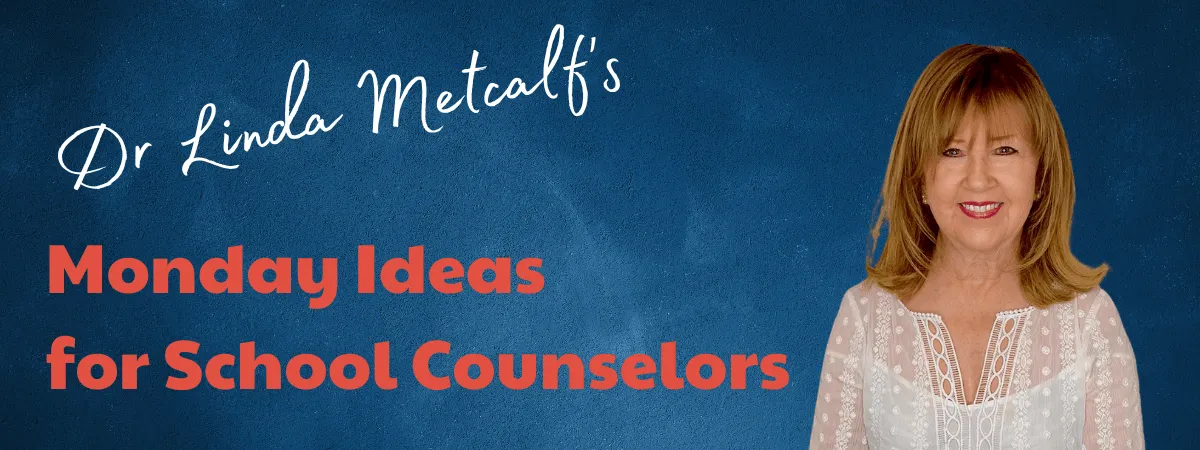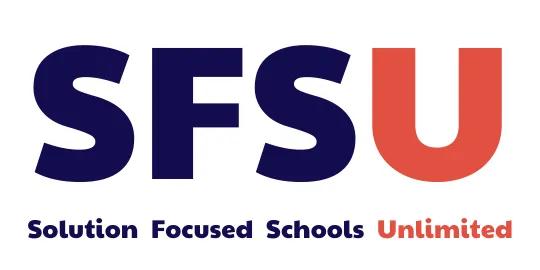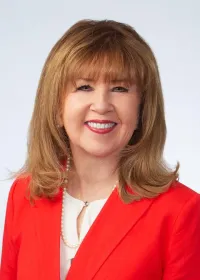
Monday Ideas for School Counselors
Weekly articles for school counselors with ideas on how to resolve typical school situations with students, teachers and parents using the solution focused approach.

Teacher vs. Student: The Battle No One Wants (But Everyone Can Win)
As a school counselor, I often heard students say, "My teacher doesn’t like me."
Whether it was an elementary or secondary student, a curt remark or an expression of frustration from a teacher could leave the student feeling unliked or undervalued. Interestingly, I knew most of these teachers personally, and I rarely saw that side of them when interacting with adults.
Education has come a long way in differentiating curriculum and creating opportunities for all students to be engaged. However, one aspect that hasn't evolved as much is the relationship between teachers and students.
From my experience, many teachers still hold on to the mindset of, "I am the one in control, so I must maintain authority at all times." Unfortunately, this often builds barriers rather than bridges.
Frustration on both sides has led many teachers to leave the profession, but I believe there’s a better way for both the teacher and the student to move forward when a student feels disliked.
So, here’s an idea that I have used often: I get permission from the student to ask the teacher directly if what the student feels is true—but in a way that fosters understanding and empathy. For instance, I might say:
“Misty, I spoke with Harry this morning, and he gave me permission to discuss something that happened yesterday. He mentioned that he thinks you don’t like him. Now, I know you. I see you laughing in the teacher’s lounge, and I know how kind you are. So, I don’t believe for a second that you dislike a student. I just wanted to give you a heads-up because I wish Harry could see the person I see.”
Most of the time, this message is met with genuine surprise, and often, disappointment! The teacher is often unaware of how their actions were perceived, and they share their side of the story—perhaps mentioning the difficulties they've faced with that student. I listen, empathize, and then suggest:
“Got it. I understand where you’re coming from. I just wish Harry could know you the way I do. Would you be open to meeting with Harry and me for five or ten minutes today? You can pick the time.”
When we all sit down together, I reiterate to Harry what I said to his teacher. Then, I give the teacher space to address Harry’s belief directly. This conversation often helps clear the air.
I then ask both how they would like their interactions to be moving forward. They both tell me or each other what they would like to happen and what it would look like. (This uses the best hopes question and the preferred future question.)
In most cases, this brief meeting changes the dynamic for the better, and I rarely saw the student about the issue again.
So, whenever you hear a student express that their teacher doesn’t like them, consider this idea and listen attentively without jumping to defend the teacher.
Instead, let the teacher have the opportunity to show their true character with the student. Most teachers choose this career because they genuinely care about students.
By creating a space for teachers and students to communicate openly, conflicts can transform into collaboration, and both teacher and student come out ahead.

Practical tools and strategies for school counselors to help students achieve their goals
Practical tools and strategies for school counselors to help students achieve their goals
© 2026 Solution Focused Schools Unlimited LLC


